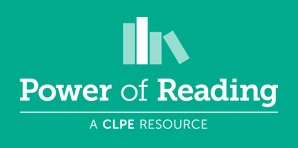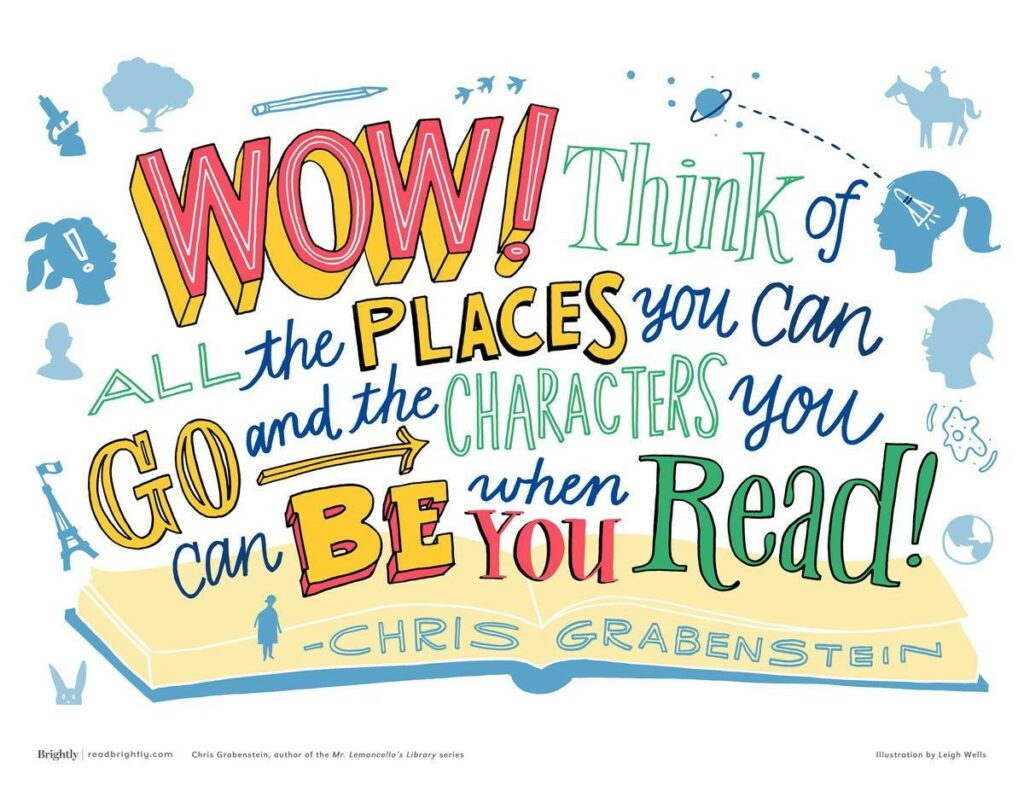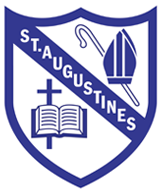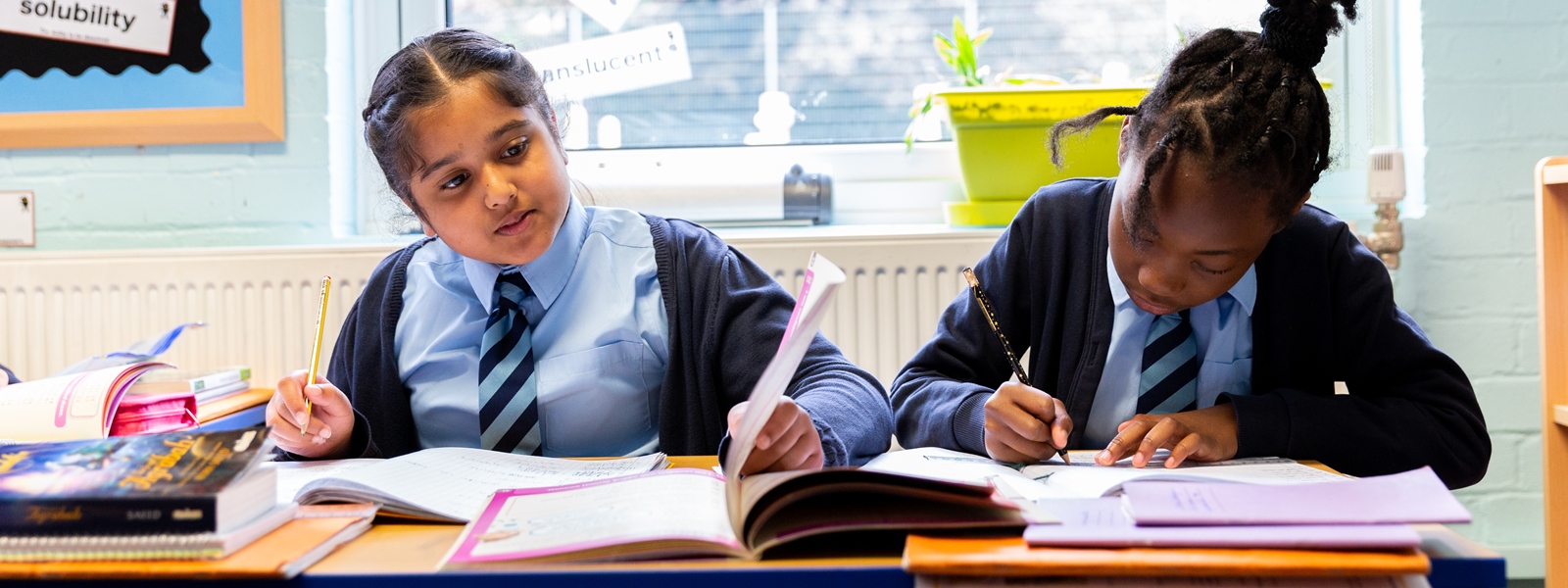English
“Write until it becomes as natural as breathing.
Write until not writing makes you anxious”
At St. Augustine’s Catholic Primary School we believe that a quality English curriculum should develop a child’s love of reading and writing and give them a strong command of the spoken language. Through our well-planned curriculum we ensure that children have purposeful opportunities for all three elements. Our curriculum closely follows the aims of the National Curriculum for English 2014 to ensure that all children:
● read easily, fluently and with good understanding
● develop the habit of reading widely and often, for both pleasure and information
● acquire a wide vocabulary, an understanding of grammar and knowledge of linguistic conventions for reading, writing and spoken language
● appreciate our rich and varied literary heritage
● write clearly, accurately and coherently, adapting their language and style in and for a range of contexts, purposes and audiences
● use discussion in order to learn; they should be able to elaborate and explain clearly their understanding and ideas
● are competent in the arts of speaking and listening, making formal presentations, demonstrating to others and participating in debate.
These aims are embedded across our English lessons and the wider curriculum; after all we don’t just write in English lessons.
At St. Augustine’s we use the ‘Power of Reading’ to promote a love of books across a range of genres. It focuses on using high quality children’s texts and provides creative teaching approaches to engage children in the English curriculum. This approach has enabled us to nurture a whole school love of reading and writing.

The project offers multi-layered professional development, drawing on the Centre for Literacy in Primary Education’s (CLPE’s) highly regarded classroom-based research and experience . The Power of Reading project combines the use of outstanding books for teachers and children with an approach to teaching the English curriculum that is creative, engaging and develops a love of literacy.
“Words are our most inexhaustible source of magic”
Teachers use drama and music to bring learning to life. This active approach not only makes learning engaging and memorable but reinforces key skills needed for fluent reading.
The skills of writing are taught as part of English lessons. These skills transfer themselves into all curriculum areas. These high expectations are demonstrated in all areas of writing.
“The world is never the same once a good poem has been added to it”
Dylan Thomas

Learning to read is one of the most important things our children will achieve at our school. Everything else depends on it, so we put as much energy as we possibly can into making sure that every single child learns to read as quickly as possible. At St. Augustine’s we believe in developing a reading culture throughout the school by creating welcoming book areas in classrooms and raising the profile of reading through a print rich environment, attractive book displays and promoting the written word at all times.
We want our child to love reading – and to want to read for themselves. This is why we work hard to make sure children develop a love of books as well as learning to read.

Approach to reading
Teachers read daily to the children, so the children get to know and love all sorts of stories, poetry and information books. This helps to extend children’s vocabulary and comprehension, as well as supporting their writing. Children read from a variety of schemes and real books which have been grouped according to reading ability.
Reception pupils begin with books which have no words and encourage discussions about pictures and the story as a whole. Teachers check the children’s reading skills regularly so that they can ensure the children have consolidated and developed their reading skills within that stage. Once this has been achieved, the children are progressed onto the next stage. When a pupil completes the banded books the class teacher moves the pupil onto being a ‘free reader.’ At this point pupils are able to read any book from the collections held in school or they can choose a book from home.
All children across the school take part in guided reading sessions as well as individual and whole class reading. Children are regularly assessed to ensure reading books are matched to their ability to decode and comprehend.
How long will it take to learn to read well?
Every child is different and children will learn to read at different speeds. By the end of Year 2, most children will be able to read aloud books that are at the right level for his or her age. In Year 3 and beyond, we concentrate more on helping children to understand what they are reading, although this work begins very early on. All children are individuals so some children take a little longer to learn to put sounds together to read a word, e.g. c-a-t to make the word ‘cat’.

Recommended Reading Lists
We have created a recommended reading list for each year group. These books will excite your child and enable them to become familiar with different authors and genres. The children can find copies of these books within our class libraries and our local libraries also have them available.

What can parents/carers do to help?
Parents are integral part in the children’s ‘reading journey’. We encourage children to read at home on a daily basis and communication between school and home is recorded in their school diary. When it is safe we invite parents/ members of the community to come and read with children both individually and as a group. You can help your child to sound out the letters in words and then to ‘blend’ the sounds together to make a whole word. Try not to refer to the letters by their names, help your child to focus on the sounds. Short frequent sessions are better for children’s concentration.
Sometimes your child might bring home a picture book that they know well. Please don’t say, ‘This is too easy.’ Instead, encourage your child to tell you the story out loud; ask them questions about things that happen or what they think about some of the characters in the story. Make reading fun!
Remember to keep reading to your child. They will come across far more adventurous words than they will in their early reading books. You will be helping them to grow a vast vocabulary and understand the meaning of different stories etc. It will also encourage them to love books and want to read more!
Please look at the link below to see All Aboard
Useful Links
https://www.ateachableteacher.com/free-phonics-websites-for-kids
https://www.bbc.co.uk/bitesize/topics/zcqqtfr

We would like to say, thank you to all the people who donate a book to our new library

